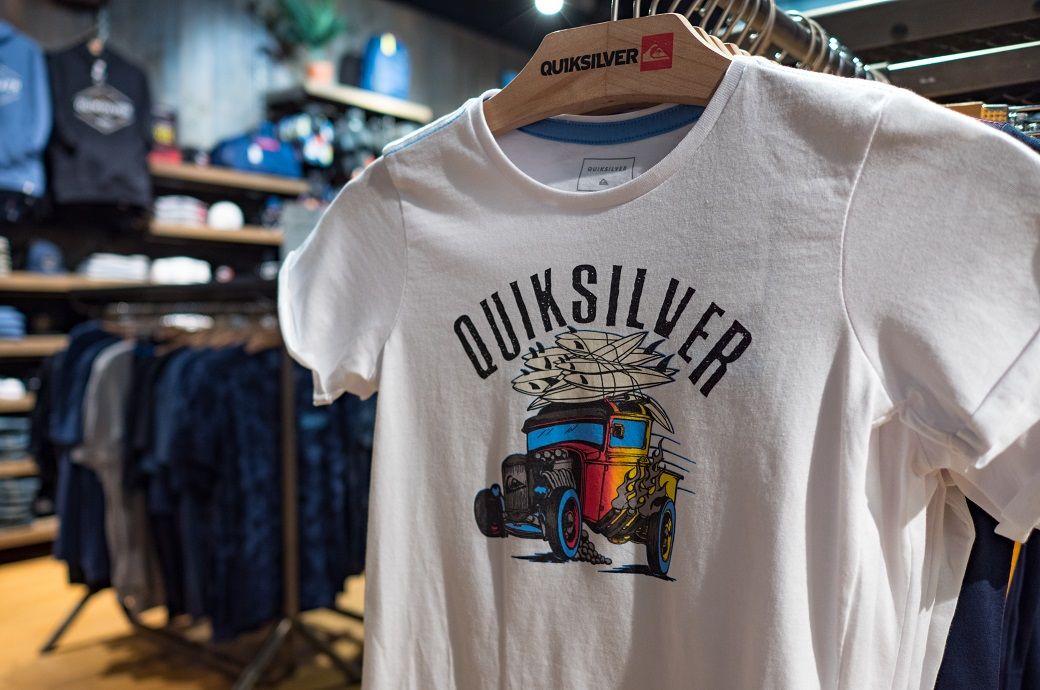
Ideal levels were found using industry-standard formulas that consider both the rate of sale and delivery lead times. And with all the data points used being unique to each product line analysed, the values generated were accurate for every company’s different circumstances, according to a study conducted by cloud-based software company Unleashed.
The report will resonate with many Australian small and midsize businesses (SMBs), where Au$250,000 can be the difference between growth and failure. Issues of overstocking have been hot in the headlines, with well documented cases of online retailers selling millions in discounted stock before the close of the financial year.
“Whether it’s a furniture maker or a clothing line, you can’t blame Australian retail businesses for taking on extra stock while supply chains were lagging behind,” said Unleashed head of product, Jarrod Adam. “Thankfully, we are now in a place where we can safely define what ‘too much’ stock is, and where businesses can afford to free up cash-flow as economic conditions tighten.”
Josh Ambler, senior manager at accounting firm BDO, said: “Understanding how badly a business is overstocked can mean extra cash in pocket with clever inventory control, but these benefits won’t be felt for all.
“For businesses with a slow cash flow cycle, ordering will take place at set times, or in higher volume to secure a good price. These companies may instead need to consider how they can move off excess stock before it comes obsolete.”
“The findings will make a real difference for product businesses pressured by inflation and supply chain shocks. Everyone who needs to hold inventory has had a tough few years, and most of it’s been out of their hands. It’s all about finding ways to control the controllables. That can mean anything from improving internal efficiencies, to using a more granular, data-based approach to rebuying,” added Adam.
For the study, Unleashed had analysed 660 Australian SMBs across 13 industries, including fashion.
Fibre2Fashion News Desk (NB)